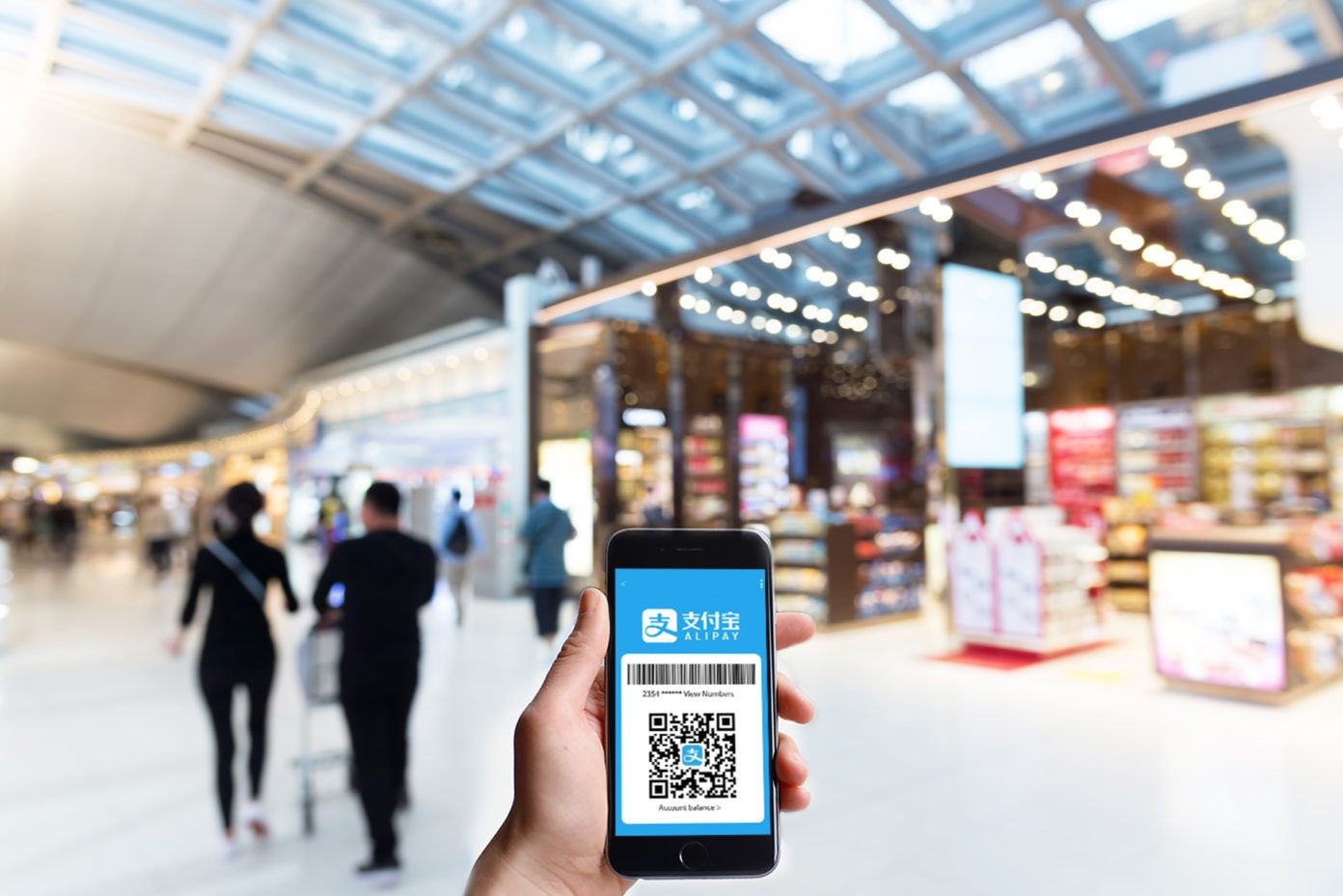Editor’s note#
: While Apple continues to sit on its mountain of treasure, and Google employees are reminding their board not to overreach by selling AI to the U.S. Department of Defence, China's tech giants are aggressively expanding their purview. First Alibaba and now Tencent are looking to descend from the cloud and help define the future of retail. This story was first published on Technode.
As “new retail” changes from jargon to oft-used phrase, Tencent has thrown their hat into the ring. However, they don’t plan on opening their own stores (the WeChat pop-up seems to have been exactly that). Rather they want to be the foundation to help the retail industry achieve two goals: the digital upgrade of stores and the optimization of user experience.
“Tencent does not do retail, not even any commerce, but is only the ground level (底层) and gives the opportunity to all partners,” Tencent CEO Pony Ma said (our translation) at a recent conference.
Since Tencent began to cooperate with many offline industries using WeChat as their payment option in 2014, the tech giant has continuously provided tools for retail enterprises through Tencent Cloud, social advertisements, and more recently mini-programs to connect people and businesses.
“WeChat payment, whether in retail, catering or other formats, is gradually promoting and cooperating with the entire retail industry in China, including department stores, supermarkets, and convenience stores. There is no one format that does not support WeChat payment,” Bai Zhenjie, Operations Director of WeChat Pay said (our translation) in a press conference at Tencent’s smart unmanned retail industry conference held on March 30.
On top of these open platforms, including Tencent Cloud, social advertisements, and mini programs, Tencent’s smart retail solution is optimized through various tools, big data, and intelligent identification of users, to further help them improve efficiency and optimize user experience.
Tencent also says that in the first stage, the company will cooperate with industry leaders that are large in scale, digitally capable, and resourceful, especially in supermarkets, convenience stores, shopping malls, and chain stores to provide digital solutions. The internet giant also mentioned that some products would be built with retailers, such as databases that protect the data privacy of both parties.
In 2017, Tencent purchased a stake in Super Species, the new retail unit of one of China’s largest supermarket chain operators Yonghui Supermarkets. In January 2018, Tencent invested 604 million in Vipshop, the third largest e-commerce player in China. In the same month, Tencent invested an undisclosed sum in Carrefour supermarkets together with Yonghui Supermarkets. The Shenzhen-based company threw 1.5 billion into Dalian Wanda group, which owns commercial properties, malls, and hotels around China, acquiring 4.12 percent of the company.
WeChat’s Data Privacy and Monetization#
EasyGo WeChat mini program (Image Credit: TechNode)
After the recent, Facebook data scandal, Tencent has been very active in assuring their 1 billion users of their privacy.
“Tencent is the first to be a social platform. User privacy is the company’s largest premise. The application is based on everything that does not infringe upon the privacy of users. From the earliest stage of the company’s development, we aimed to protect user privacy. There has been no disclosure of user privacy because it is the company’s decision,” Bai Zhenjie said.
However, Bai did mention that Tencent will work on data analysis based on big data they gathered for their retail partners.
“We will work on data without violating the privacy of users. The secondary use of data is also dependent on our collaboration with our partners. The function requirements and data applications in different industries are not the same. The WeChat platform is the platform for the entire industry, so the development of secondary applications will be based on the needs of the industry in data applications,” he said.
At present, all of the capabilities on the WeChat platform, including open data, are free of charge. Bai said that WeChat is considering whether or not to charge fees in the future.
Tencent’s Unmanned Store Co-operation#
EasyGo Convenience store (Image Credit: TechNode)
At the event, Tencent showcased some retailers in unmanned convenience stores, or vending machines, including EasyGo, Miss Fresh, and CityBox. Three companies were using WeChat payment and mini program to operate their businesses.
EasyGo Convenience store asks customers to first scan the QR code to open the door. The assorted goods in the store all have embedded RFID chips. As a customer walks in, grabs an item, and leaves the store, the storefront scanner reads the RFID chip and sends the bill to the mini-program in the customer’s WeChat app. The customer can pay via WeChat and then leave the store.
Tencent believes that integrating their solution with retailers will bring in customers’ data, giving them a massive pool of data.
“10 million Chinese consumer’s data will come out. Currently, it is still a very small amount, and there is a lot of room for growth,” Bai said.
Password Before Selection#
CityBox (Image credit: TechNode)
Compared to other startups showcased there, CityBox is unique because it is about as close as you’re going to get in China to AmazonGo’s model: users don’t have to put in a password, they can just pick up the product and leave. Or rather, they need to put in their password before doing anything else.
When a customer opens the CityBox mini program, it asks you to first enter your WeChat payment password. Then, you confirm that you want to open the refrigerator. Customers can then open the door of the refrigerator, and when they pick up a bottle of water and shut the door, the mini-program notifies them that a purchase was made.
“We talked to a lot of partners. The first requirement they mentioned was if they can allow customers to make purchase more quickly, without having to type in the WeChat Pay password. We will make the password-free capability into standard products. After the merchant applies for the opening of the password-free function, when the user enters the unmanned store, it will be easy and quick for them to purchase something and deduct it from their account,” Bai Zhenjie said.
The new retail battle is getting more interesting as time goes by. Alibaba and Tencent have different approaches. Alibaba is taking a top-down approach by cooperating with major players. On March 29, Alibaba’s new retail player Hema teamed up with 13 well-known real estate developers to accelerate new retail in China. It’s a massive boost for Hema, since renting such a vast space in a big city is a significant expense for the company. As consumers are visiting department stores less and less, having a frequently visited store is vital for these real estate developers.
Tencent’s WeChat, on the other hand, is taking a bottom-up approach. They are not doing any e-commerce business, and are only providing toolsets for the retailers that let them thrive in the WeChat ecosystem, keeping their expenses low. All the retailers using Tencent ecosystem were small scale: vending machines and unmanned shelves. Currently, 95 percent of e-commerce companies in China are integrating mini programs.
This article by Eva Yoo originally appeared on TechNode, a leading authority on technology in China.




